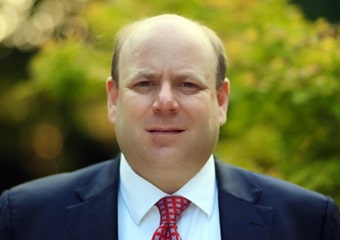In 2002, our General Assembly adopted South Carolina Code Section 22-5-115 “to provide that a magistrate [or municipal court judge] may issue a notice for trial based upon the sworn statement of an affiant who is not a law enforcement officer but may not issue an arrest warrant if the affiant is not a law enforcement officer.” More than likely, this provision was adopted to protect citizens from being arrested and incarcerated without a law enforcement investigating the allegations and making the probable cause presentation to the judge.
On July 9, 2013, the Attorney General’s Office issued and opinion stating that our state’s law does not authorize either “the affiant on a courtesy summons or a non-lawyer law enforcement officer to present such cases in magistrate’s” or municipal court. The Attorney General’s opinion followed In re Richland County Magistrate’s Court, 389 S.C. 408, 699 S.E.2d 161 (2010), where our Supreme Court held:
The dignity and might of the State are brought to bear in decisions to prosecute. These decisions must not be made by interested parties. We therefore find that a non-lawyer’s representation of a business entity in criminal magistrate’s court runs afoul of South Carolina law, is repugnant to our system of justice and constitutes the unauthorized practice of law.
As a result of the Attorney General’s Opinion, only a Solicitor, Attorney General, or Municipal Court prosecutor should be allowed to prosecute courtesy summons. This rule protects the rights of the accused and promotes the public interest. Prosecutors are supposed to be “ministers of justice and not mere advocates. Their special responsibility carries with it specific obligations to see the defendant is accorded procedural justice.” State v. Jones, 343 S.C. 562, 578, 541 S.E.2d 813, 822 (2001) (internal citations and quotations omitted). They must adhere to the special responsibilites of prosecutors set forth in Rule 3.8 of the South Carolina Rules of Professional Responsibility.
Anyone facing a courtesy summons should make sure that the Magistrate or Municipal Court is following this rule. Anyone facing a properly prosecuted courtesy summons should consider consulting criminal defense lawyer.
The Honorable C. Ryan Johnson, Greenwood County Magistrate Court Judge, requested this opinion from the Attorney General’s Office.
Click these links to read the Attorney General’s Opinion of July 9, 2013, In re Richland County Magistrate’s Court, State v. Jones, and Rule 3.8 of the South Carolina Rules of Professional Responsibility.



